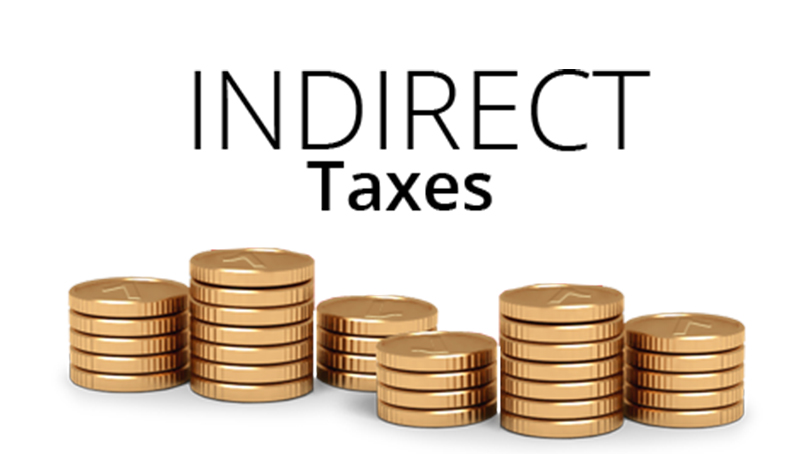
Strong indirect tax system makes the way easier
- January 13, 2023
- 0
A lot of interest is being taken in improving the climate for private investment in the country. Many global companies are doing their work in China, so attention is also being paid to attract foreign investment. The indirect tax sector is riddled with loopholes, including an inverted duty structure made up of a mix of various cesses, duties, anti-dumping duties, foreign trade agreements and GST. India is a good place in terms of business possibilities. But there are certain aspects of our country’s tax policy and tax administration and indirect taxation that harm investment.
The complex and volatile environment around indirect taxes poses policy risks. Business indirect tax reform is the best solution. It consists of three ideas. First, it is in the interest of the country to bring down all rates to near-zero levels. There should be three rates of customs duty. Zero percent, one percent and two percent. The highest rate of two percent should be imposed on those companies which import raw material.
Second, all cesses and other indirect taxes should be abolished and there should be only a single rate GST. Third, GST should work effectively with both imports and exports. All imports should be GST and all exports should be zero rated and working capital requirement should not be imposed on taxpayers.
We are at a unique juncture in history where we can profit by convincing global companies that India has the rule of law, strong economic thought process and low policy risk.
Ajay Shah
मजबूत अप्रत्यक्ष कर व्यवस्था से राह आसान
देश में निजी निवेश का माहौल सुधारने में बहुत रूचि ली जा रही है। कई वैश्विक कंपनियां चीन में अपना काम कर रही हैं, ऐसे में विदेशी निवेश आकर्षित करने पर भी ध्यान दिया जा रहा है। अप्रत्यक्ष कर के क्षेत्र में तमाम कमियां हैं जिसमें विभिन्न उप करों, शुल्क, ऐंटी डंपिंग शुल्क, विदेश व्यापार समझौतों और जीएसटी के मिश्रण से बना उलट शुल्क ढ़ांचा भी शामिल है। कारोबारी संभावनाओं की दृष्टि से भारत एक अच्छी जगह है। परंतु हमारे देश की कर नीति और कर प्रशासन तथा अप्रत्यक्ष कराधान के कुछ पहलू ऐसे हैं जो निवेश को नुकसान पहुंचाते हैं।
अप्रत्यक्ष कर को लेकर जटिल और उतार-चढ़ाव वाला माहौल नीतिगत जोखिम पैदा करता है। व्यापार अप्रत्यक्ष कर सुधार सबसे बेहतर निदान है। इसमें तीन विचार शामिल हैं। पहला, यह देश के हित में है कि सभी दरों को लगभग शून्य के स्तर पर ला दिया जाए। सीमा शुल्क की तीन दरें होनी चाहिए। शून्य प्रतिशत, एक प्रतिशत और दो प्रतिशत। सबसे अधिक दो प्रतिशत की दर उन कंपनियों पर लगनी चाहिए जो कच्चा माल आयात करती हैं।
दूसरा, सभी उपकर तथा अन्य अप्रत्यक्ष कर समाप्त कर दिए जाने चाहिए तथा केवल एकल दर वाला जीएसटी होना चाहिए। तीसरा, जीएसटी को आयात और निर्यात दोनों के साथ कारगर ढ़ंग से काम करना चाहिए। सभी आयात पर जीएसटी लगना चाहिए और तमाम निर्यात पर शून्य दर होनी चाहिए तथा करदाताओं पर कार्यशील पूंजी आवश्यकता नहीं थोपी जानी चाहिए।
हम इतिहास के ऐसे विशिष्ट मोड़ पर हैं जहां वैश्विक कंपनियों को यह समझाकर लाभ अर्जित कर सकते हैं कि भारत में विधि का शासन, मजबूत आर्थिक विचार प्रक्रिया तथा कम नीतिगत जोखिम है।
































































